GLA provides technical expertise to attorneys and mediators in support of environmental, water resource, and water rights legal disputes.
We offer technical expertise in:
- Providing technical assistance during litigation, mediation, settlement negotiations, or alternative dispute resolution (ADR)
- Developing expert opinion reports and declarations
- Providing expert testimony and depositions
- Providing confidential consulting during all phases of dispute resolution
- Developing and managing environmental databases (GLA-Data), courtroom exhibits, and visualizations
GLA experts have a reputation for possessing technical integrity and offering expert opinions based on sound science. Our staff includes specialists in hydrology, hydrogeology, geochemistry, and contaminant fate and transport, and has presented expert testimony and deposition in cases involving:
- Indoor air vapor intrusion of chlorinated solvents (e.g., trichloroethene [TCE]) and petroleum hydrocarbons)
- Water rights, groundwater resources transfers, disputes, and basin adjudication
- Due diligence for real estate and business transactions and land development
- Groundwater and soil contamination and site remediation, including for chlorinated solvents, perchlorate, pesticides, heavy metals, radionuclides, coal ash constituents, and petroleum hydrocarbons
- Federal environmental regulatory programs (e.g., Comprehensive Environmental Response, Compensation, and Liability Act [CERCLA], Resource Conservation and Recovery Act [RCRA]) and state regulatory programs
- Environmental damages and human health risk assessment
- Oil and gas production and brine discharge
- Forensic environmental investigations (e.g., age-dating of environmental releases)
- In-situ uranium-leaching operations
- Total maximum daily load (TMDL) and waste load allocations
- Identification of potentially responsible parties (PRPs)
- Multi-party remedial and site-investigation cost allocation
- Toxic torts
- Waste disposal facility closure, including evapotranspiration (ET) and water balance covers
- State and federal regulations and permit applications, including New Mexico’s Water Quality Control Commission (WQCC) Copper Rule; U.S. United States Environmental Protection Agency (EPA) underground injection control (UIC) regulations relating to in-situ uranium leaching, geologic sequestration of carbon dioxide and brine injection; and National Pollutant Discharge Elimination System (NPDES) waste discharge requirements.
Contaminated sediment source investigations and remedial programs (e.g., for poly-chlorinated byphenyls [PCBs]) in contaminated waterways.
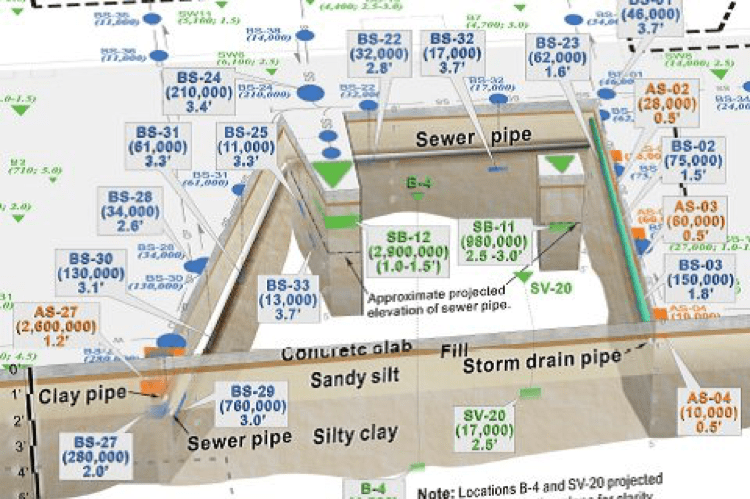
CONTAMINATED SITES
Working closely with clients to develop effective strategies to resolve environmental concerns related to contaminated soil, groundwater, sediment, and indoor air, our experts are able to quickly integrate complex technical and legal issues to provide efficient solutions. We have provided expert support to clients on contaminant issues at landfills, industrial facilities, refineries, gasoline stations, and dry cleaning facilities. Our experts often utilize technical tools, such as databases, geographic information systems (GIS), environmental forensics, and modeling, to perform complex technical analyses that stand up to technical and legal scrutiny. GLA staff members have provided expert opinions and testimony in both state and federal court to resolve a wide range of environmental characterization, monitoring, and remediation problems.
For example, we routinely perform quantitative evaluation of non-aqueous phase liquid (NAPL) migration and groundwater impacts from solvent releases, leaking tanks, and pipeline leaks; site investigations and remedial action alternatives analysis associated with the Resource Conservation and Recovery Act (RCRA) and the Comprehensive Environmental Response, Compensation, and Liability Act (CERCLA) corrective action programs; vapor intrusion risk assessment consistent with U.S. United States Environmental Protection Agency (EPA) and state protocols; and development of cost allocations for remedial cost recovery.
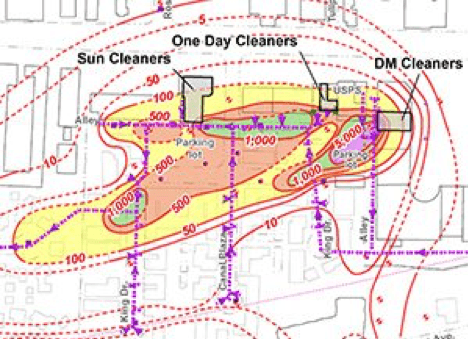
INDOOR AIR VAPOR INTRUSION AND RISK ASSESSMENT
The potential for subsurface vapor migration and vapor intrusion into indoor air has in recent years become the primary regulatory driver at many volatile organic compound (VOC) contamination sites. For more than 20 years, GLA’s scientists and engineers have provided expert witness support on vapor intrusion-related matters
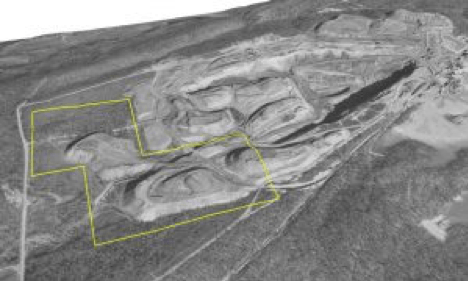
MINING
GLA staff members have provided expert testimony in support of permit acquisition, renewal, or variances, and development of regulations, such as for the New Mexico Copper Rule.
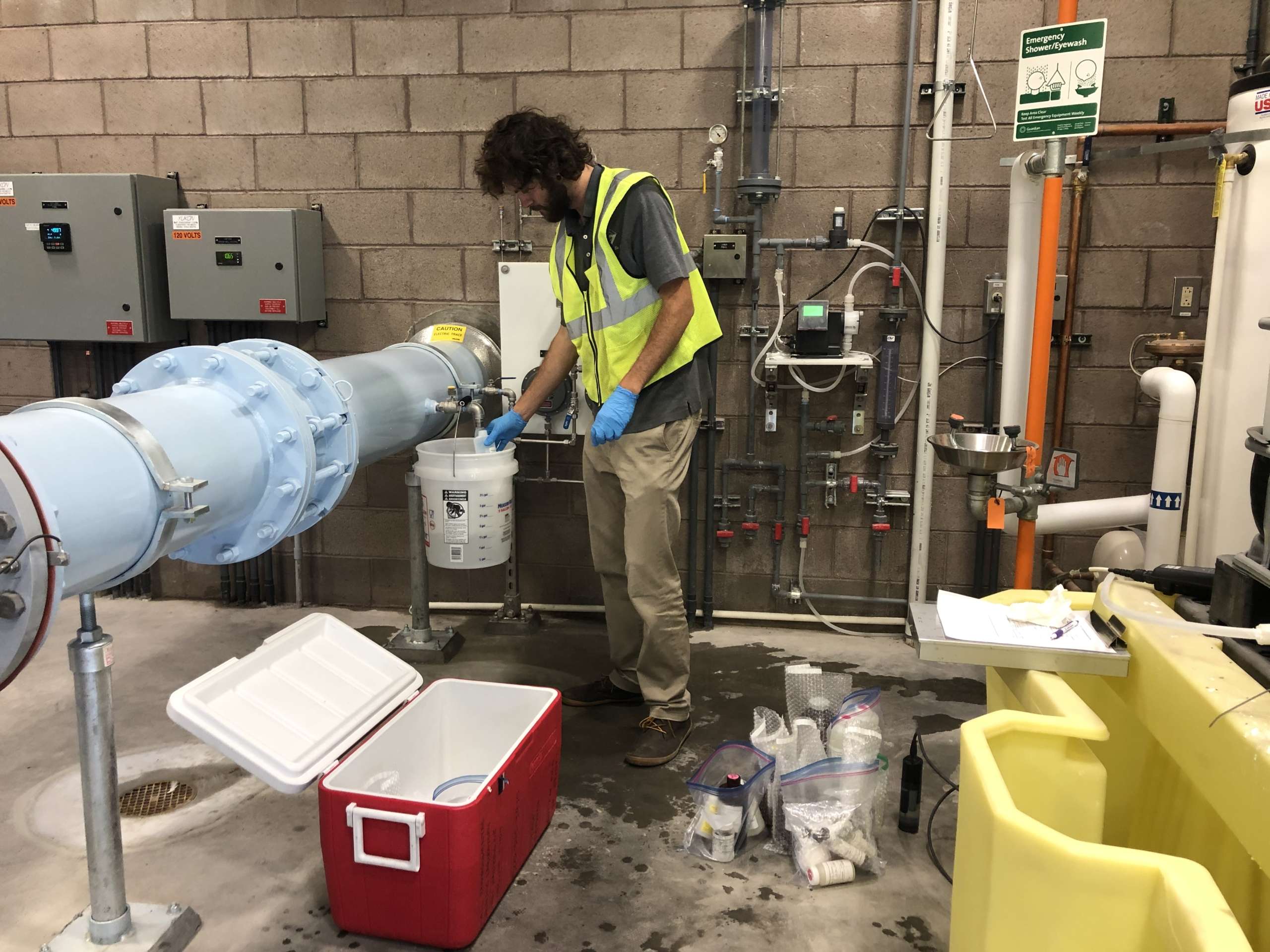
PFAS Investigations
GLA’s team of scientific experts and environmental professionals have experience investigating poly- and perfluoroalkyl substances (PFAS) impacts to groundwater, soils, and sediment. Since the early 2000s, GLA has provided expertise related to litigation on several PFAS matters and supported numerous municipalities in delineating PFAS contamination in Arizona, California, Michigan, New Mexico, and West Virginia. Our staff are members of the National Groundwater Association (NGWA) PFAS Working Group and have presented on PFAS forensics methodology to audiences from the American Groundwater Trust (AGWT), Law Seminars International (LSI), and NGWA.
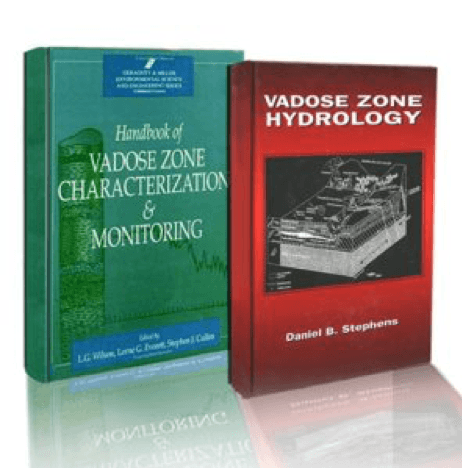
VADOSE ZONE HYDROLOGY
GLA is distinguished by an established expertise in vadose zone processes, an often overlooked but necessary field of study for full understanding of contaminant fate, as well as transport and water resources planning. We have provided expertise on technical issues related to litigation and other investigations that have included characterization of the vadose zone, including numerical modeling of volatile organic compound (VOC) transport, identifying the source and distribution of contaminants attributed to numerous potential responsible parties (PRPs), and groundwater recharge from precipitation and waste-discharge activities.
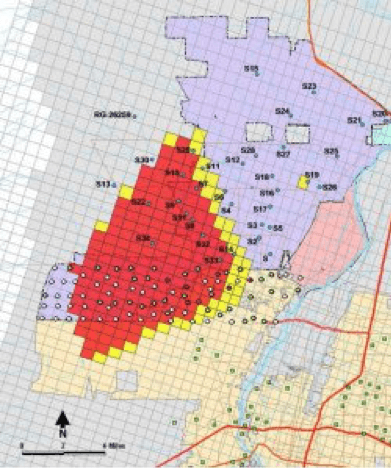
WATER RIGHTS AND DISPUTES
The process of applying for or transferring water rights can be technically complex and legally cumbersome, and disputes over water rights can be highly contentious. GLA professionals have the technical expertise and experience with legal and regulatory programs to assist clients with negotiation for purchase, lease, or transfer of water rights, and provide expert testimony when necessary.
Technical analyses may include development of groundwater models; identification or evaluation of the potential water resources and water rights available to support new or existing needs; hydrogeologic analyses to establish well yields, water quality, and safe yield of groundwater basins; and negotiation for purchase, lease, or transfer of water rights. In addition to our technical expertise, our staff have legal expertise in working within the frameworks of state adjudication and administrative processes, interstate water compacts, pueblo and tribal water rights, and other agreements and operational protocols under which water rights are administered.
